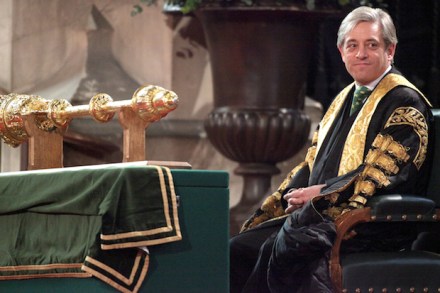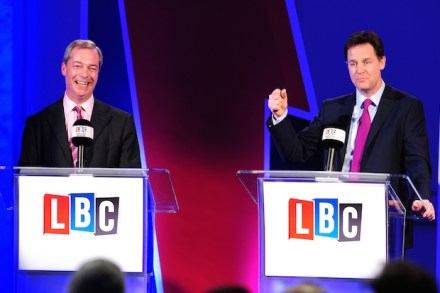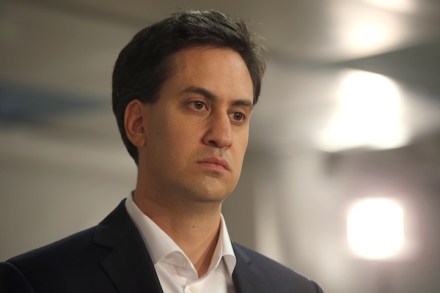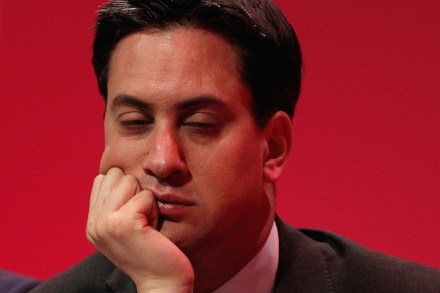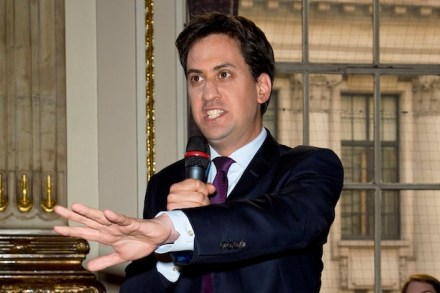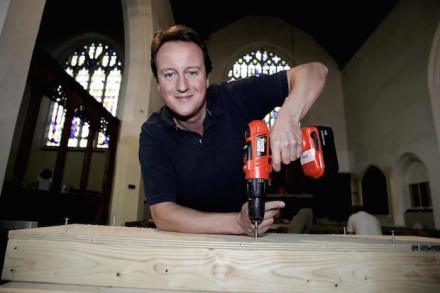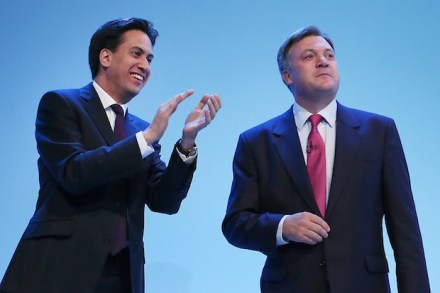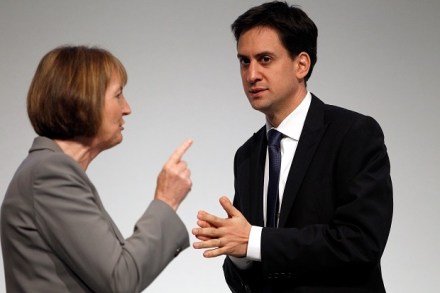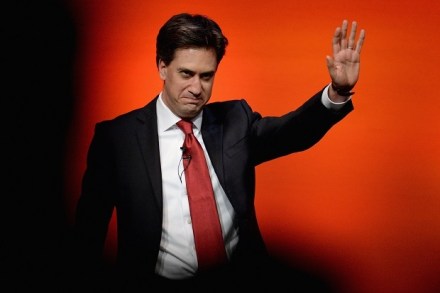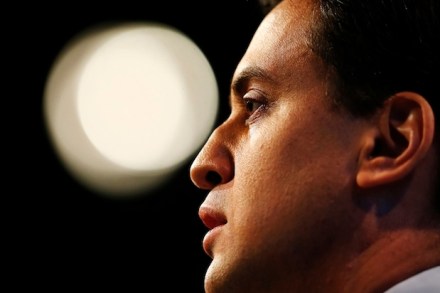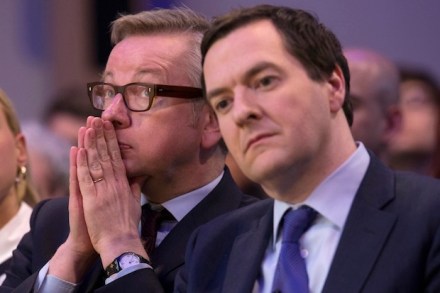David Cameron is linking Ed Miliband to Labour’s past mistakes
What a very long PMQs today, presided over by a very bumptious John Bercow. The Speaker let the exchanges run into what he called ‘injury time’, made a rather poisonous jibe at Labour MP Fiona Mactaggart over her private schooling, and told the Prime Minister that as far as he was concerned, he had finished an answer when the PM didn’t believe he had. listen to ‘Cameron defies Bercow’ on Audioboo
